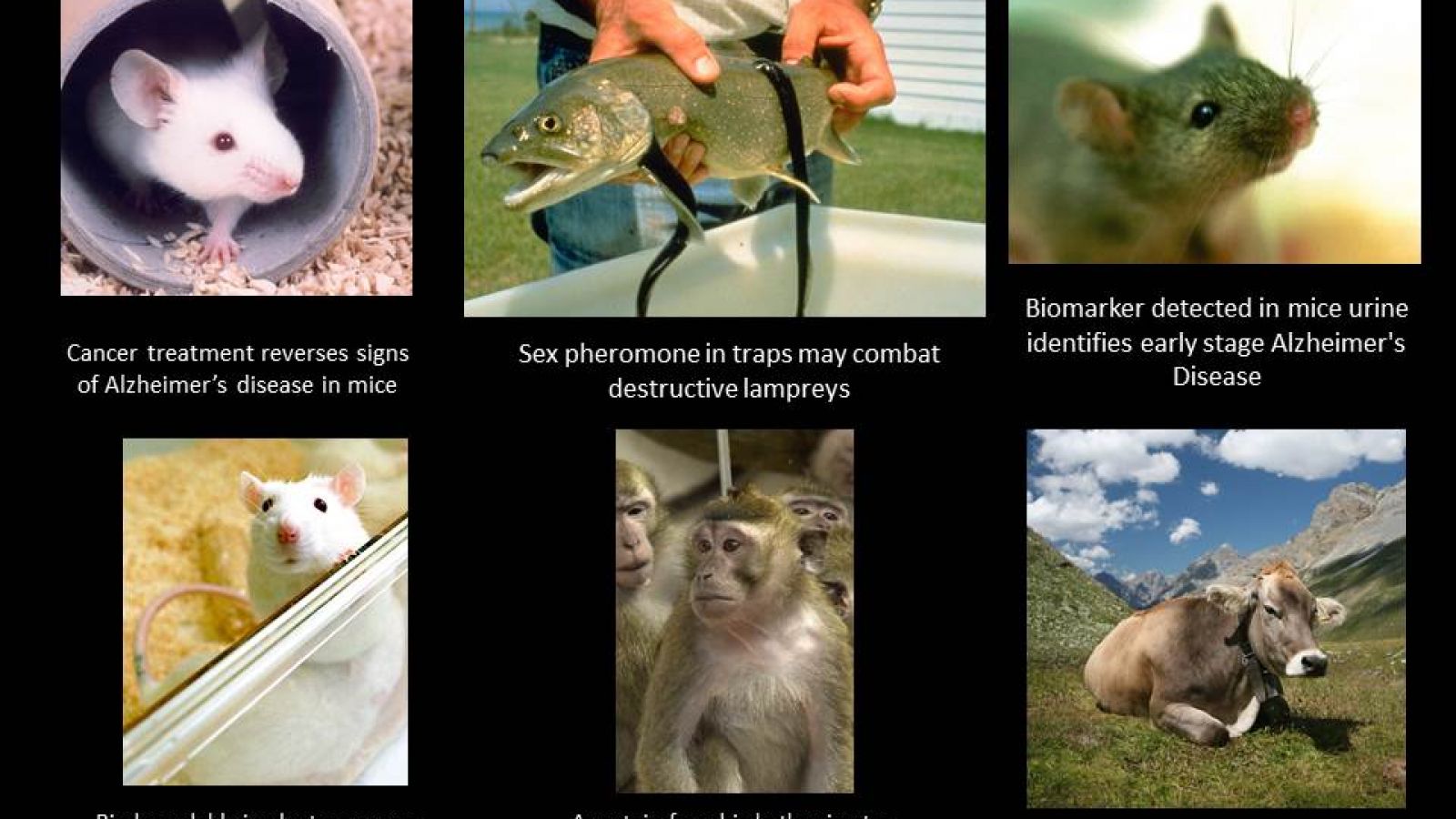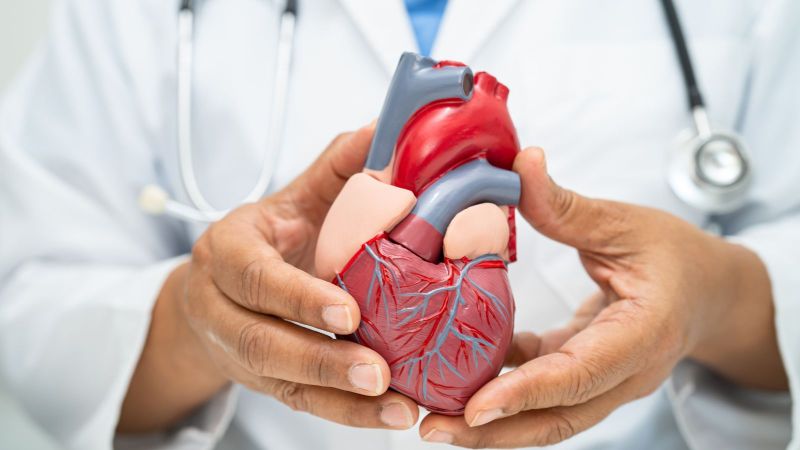 22/01: Scientists successfully create cow cartilage in the lab - and hope they can now do the same for humans
22/01: Scientists successfully create cow cartilage in the lab - and hope they can now do the same for humans
Researchers have grown cartilage in the laboratory from cow knee joints. Team at in Umea University in Sweden hope it could be a cure for arthritis and replace artificial joints, which don't suit young people as don't last.
http://www.medfak.umu.se/english/about-the-faculty/news/newsdetailpage/cells-from-cow-knee-joints-used-to-grow-new-cartilage-tissue-in-laboratory.cid261663?
21/01: TRIM5α from the rhesus macaque (TRIM5αRh) is a restriction factor that shows strong activity against HIV-1
A protein found in both primates and humans may stop HIV progression and switch on the immune system, according to a new study published January 14 in the journal, Heliyon.
http://www.alnmag.com/news/2016/01/protein-part-treats-hiv-infections-non-human-primates
http://www.heliyon.com/article/e00056/
So long suckers! Sex pheromone may combat destructive lampreys
Sea lampreys are a pest, particularly in the North American great lakes. Baiting lamprey traps with a pheromone, called 3kPZS, increased trap efficiency by 10% on average, and in some streams more than 30%.
http://www.nrcresearchpress.com/doi/abs/10.1139/cjfas-2013-0080#.VqDAfyiIlvY
20/01: Cancer treatment successfully reverses signs of Alzheimer’s disease in mice
PD-1 blockers are used in immunotherapy treatment to fight cancer as they prevent the immune system from switching off, allowing a continuous cascade of immune cells to fight disease. When mice engineered to have Alzheimer’s disease were given a PD-1 blocker drug the amount of amyloid, the substance responsible for the toxic build up of plaques, in their brains halved and they were able to complete a maze task in the same time as the control mice. It is hoped that this already approved treatment will be successful at reversing Alzheimer's in people as there is yet no cure for the condition.
http://www.telegraph.co.uk/news/health/elder/12105714/Cancer-drugs-could-be-re-purposed-to-fight-Alzheimers-disease.html
19/01: Biodegradable implant successfully measures pressure and temperature in the brain of rats
Research in rats has shown that a small biodegradable surgical implant can monitor variations in the intracranial pressure between the brain and skull as well as measuring temperature in this sensitive part of the body before dissolving completely. It is hoped that the biodegradable implant will be suitable for monitoring a patient’s medical recovery without the need for an operation to remove the implant once its job is done. Existing implants are often cumbersome and pose the risk of immune rejection and infections caused by repeat surgery therefore this would provide a less invasive alternative.
http://www.independent.co.uk/news/science/dissolvable-brain-implant-the-size-of-a-grain-of-rice-invented-by-scientists-a6820001.html
Biomarker detected in mice urine identifies early stage Alzheimer's Disease
A biomarker detecting early stages of Alzheimer's disease (before memory loss begins) has been identified in mice urine. The biomarker left a particular odour in the urine of mice with Alzheimer's-related brain pathology that was distinguishable from the healthy mice. The breakthrough could provide early diagnosis of Alzheimer's and other neurodegenerative disorders through a simple non-invasive urine test.
http://www.telegraph.co.uk/news/science/science-news/12101100/Smell-test-can-detect-Alzheimers-disease-scientists-find.html
Last edited: 9 March 2022 10:47




